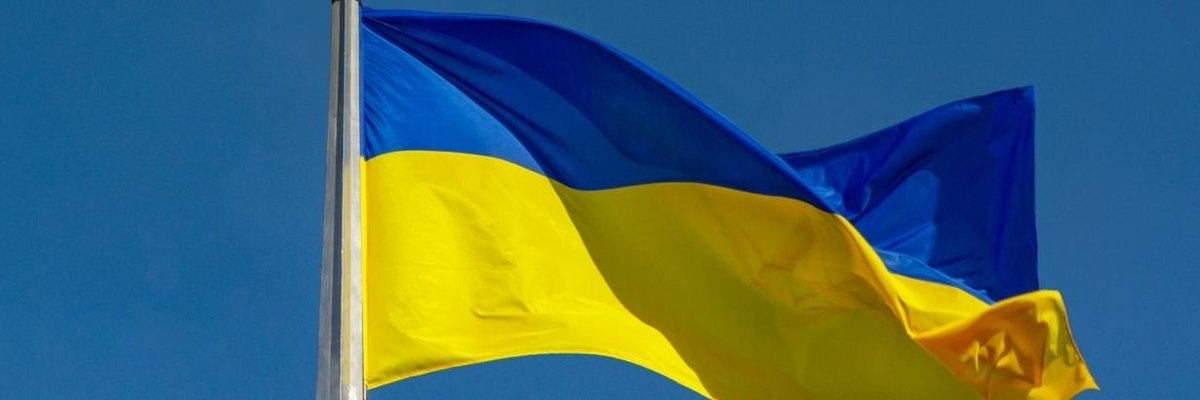The Russian invasion of Ukraine has met with vocal condemnations from world leaders – and escalating economic sanctions. But with chains such as McDonalds and Starbucks shutting down business in Russia, are the public content to leave punishing Vladimir Putin up to the government?
New YouGov data reveals that two in three Britons (68%) say it’s important that brands publicly take a stand on the Russia-Ukraine conflict – with fewer than one in five (17%) in dissent.
More specifically, three-quarters of the public think companies should stop doing business in Russia entirely (76% vs. 6%), and the same proportion say they should donate money and supplies to humanitarian efforts in Ukraine (77% vs. 4%). A majority also want brands to offer this kind of support to the Ukrainian army (54% vs. 15%), and issue statements in support of Ukraine (61% vs. 11%).
There could be commercial incentives for businesses that are perceived to be doing the right thing when it comes to the conflict. Three in five Britons, for example, say they would have a better opinion of a brand that stopped doing business in Russia (62%) or offered humanitarian support to Ukraine (61%).
Taking this even further, half of the public say they are more likely to buy from a brand that pledges income to Ukraine (51%) or promises money and supplies to humanitarian efforts (50%). The same proportion would reward a business that stops operating in Russia (51%).
So brands like Shell, which recently announced that it would sell its Russian investments, may have had one eye on the perceived benefits of publicly rebuking the invaders. But just as there are PR incentives for taking an anti-Putin stance, there may be considerable drawbacks if you’re – for example – caught buying barrels of Russian crude oil at a discount price.
Two in five Britons (41%) say they have either already boycotted or would consider boycotting a brand that continues doing business in the invading country, while one in five (20%) say they would stop buying from a company that has not pledged any support for or made any public statements about Ukraine.






